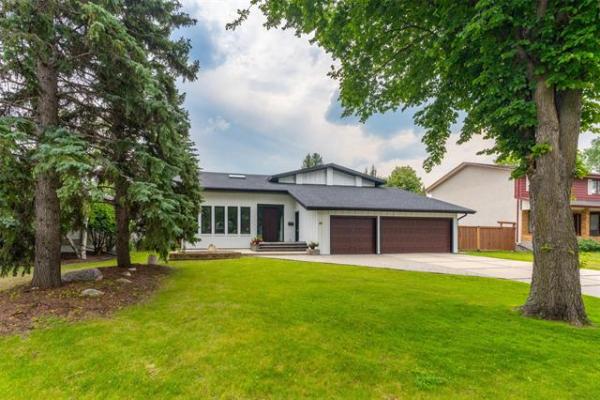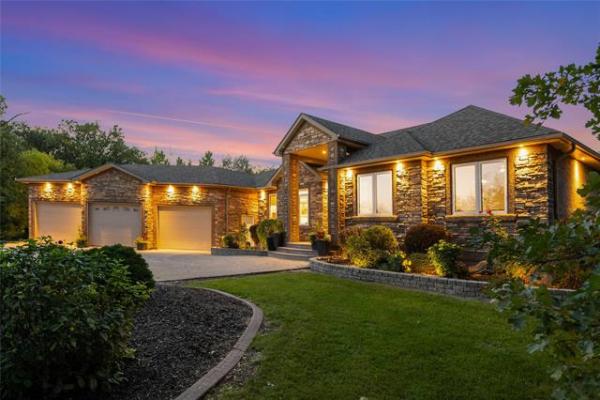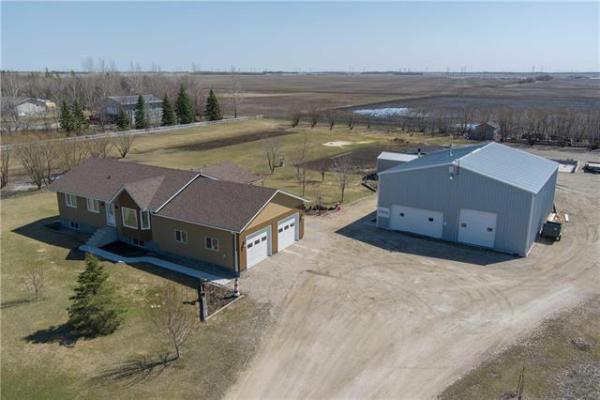One easy step is to buy a programmable thermostat for as little as $40. It will automatically lower your home's temperature when you're away or asleep.
But if you're looking for more savings, especially considering soaring fuel prices, you'll have to embark on a more complex task: seeking out and plugging air leaks. Doing so can reduce heating costs by up to 20 per cent, according to the Washington-based Alliance to Save Energy.
Heating bills this winter could be piggy-bank breakers, particularly for low-income households in colder parts of North America. Households who use heating oil for fuel are projected to be hit hardest.
Those families will pay about 36 per cent more than last year.
"There's going to be real sticker shock this coming winter," said Mark Wolfe, executive director of the National Energy Assistance Directors' Association, which represents state-run low-income energy assistance programs.
In Maine, where four of every five houses use expensive oil heat, concern about soaring fuel costs is mounting.
"We have a serious problem," said Dale McCormick, director of Maine's state housing agency. "This winter is going to be our (hurricane) Katrina."
Harald Schmidtke, weatherization director with Southeastern Vermont Community Action, a community group that performs energy improvements for low-income households, said he has a nine-month waiting list for such assistance, which is provided free of charge with federal and state funding.
"There are people that are making hard choices between food, fuel (and) medicines," he said. "It's a big burden for people who are already struggling."
Built in an era of cheap fuel, many older houses didn't take heating costs into account. Air can escape through unused chimneys, interior walls and recessed lights. Plus, some older homes have poor insulation or none at all.
"You're basically paying to reheat the same volume of air over and over again," said David Milliken, general manager of Horizon Energy Services in Maine.
If you know where your leaks are, handy homeowners can do much of the work themselves, using foam and caulking to seal up gaps and cracks, putting weather stripping on windows and doors, and insulating pipes and ductwork.
The U.S. government's Energy Star program recommends that consumers plug the biggest holes first, particularly in spaces where interior and exterior walls meet the attic floor.
Though insulation helps, experts say that simply adding more isn't enough, because air can pass through fibreglass and other materials. Dirty insulation is a sign that air is moving through.
"People assume insulation tightens up your house, and that's completely false," said Richard Riegel Burbank, president of Evergreen Home Performance in Rockland, Maine.
For $250 to $700, a professional energy auditor will analyze how much heat your house loses to leaky cracks, holes and other openings like your chimney.
To do so, the auditor will hook up a contraption that attaches to a door frame and uses a high-speed fan to suck air out of the house, lowering its air pressure.
Then the energy auditor can detect and measure where air is entering your house, sometimes using a pen-like instrument that emits a bit of smoke to show where air is entering. They also use infrared cameras to detect particularly leaky spots.
Christian Townsend hired Milliken's company in late August to evaluate the renovated 200-year-old house in downtown Portland, Me., that he uses as an office with his wife, a real estate broker.
"It's like a sieve," he said. "It's just leaking from everywhere."
Townsend, a tugboat and towboat designer, paid around $2,000 a month to heat the building last winter and is hoping to reduce that bill to $1,500 by switching from oil to natural gas heat and by plugging up leaks.
Other more expensive projects, such as replacing windows or installing a new furnace, make economic sense only if they were due for a replacement anyway, experts say.
For example, spending thousands to replace your windows is not particularly cost-effective, because even the most energy-efficient windows still lose heat, said Mike Rogers, senior vice-president with Syracuse, N.Y.-based GreenHomes America, which performs energy audits and installs upgrades.
Said Rogers: "You're not going to see the energy savings that, unfortunately, the window industry might have promised you."
-- Associated Press



